
Psychiatry, at this moment anyway, remains blood-test and imaging-free. It offers the last frontier of semi-free thought to the thinking person who wishes to enter medicine. More in this opinion piece.

Psychiatry, at this moment anyway, remains blood-test and imaging-free. It offers the last frontier of semi-free thought to the thinking person who wishes to enter medicine. More in this opinion piece.

Avicenna may have been among the first physicians to document that anger is often a transitional state from melancholic depression to mania—implicitly recognizing the “switch” phenomenon.

The role of police has expanded from law and order to first responder, mental health intervention, and other duties others may be better qualified to fulfill.

Common legal questions about political donations are discussed.

Fewer women than men with major depressive disorder experience symptom relief with antidepressants. Is there a role for alternative therapies?
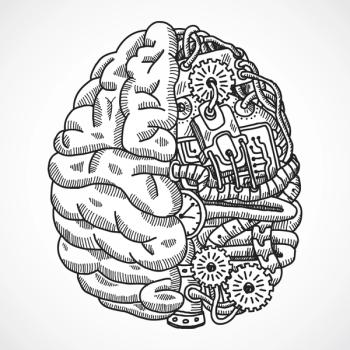
In 18th-century France, physicians searched for the causes of mental illness and debated how best to treat it.

Malingering in clinical settings is usually motivated by an attempt to obtain care or social services (eg, hospital admission, medication, disability income) and often co-occurs with real mental illness, hence the dilemma.

"It is simply wishful thinking to believe that one course of treatment may entail the solution to problems that we encounter in complex cases," says Dr Fava. Dr Aftab explores a multitude of issues in psychiatry and science in this interview.

The COVID-19 pandemic reveals existing weaknesses in the mental health system, but also presents opportunities for reform.

Drs differ on the advisability of reading a certain famous French psychoanalyst.

Does cognition predict outcomes in patients at clinical high-risk for psychosis?

Findings underscore earlier data that indicate Americans are ready and willing to talk about mental health, plus guidance for clinicians who may have lost a patient or colleague to suicide.
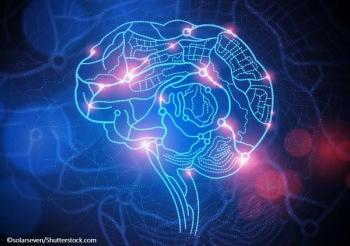
In comparison to the classic presentation of schizophrenia, ANMDARE features a later age of onset, female predominance, visual hallucinations, relative lack of cognitive disorganization, and a lack of an extended prodromal period.

The role of the oropharyngeal microbiome in schizophrenia and mania.

Overdiagnosis of bipolar disorder is as important to guard against as its underdiagnosis. The use of bipolar disorder screening tools is questioned.

Deep breaths . . . sing out loud.

When provided with an array of treatment options, patients tend to feel a sense of ownership by playing a role in their care.
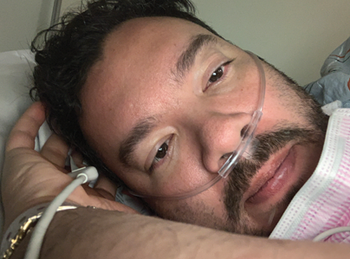
His symptoms worsened throughout most of his hospitalization, leaving him to ponder a grim reality: “This is it. This is how your story ends.”
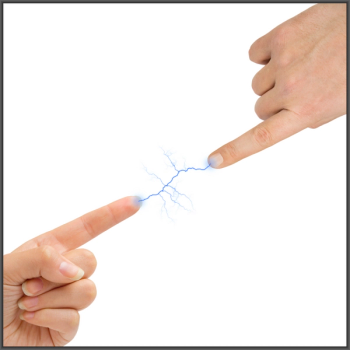
Sometimes, life’s lessons appear unexpectedly.

Experts in transgender health from around the world are participating in and making more sweeping efforts to streamline mental health care for all sectors of the population.

The author discusses evidence-based treatment, highlighting clinical trials that support specific uses and patterns of efficacy.
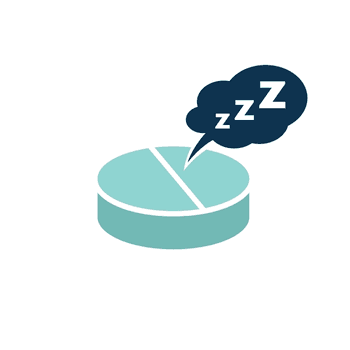
Our own melatonin plays an important role in regulating our sleep-wake cycle. Recent evidence raises questions about whether we should be taking extra doses to try to improve our sleep.

While recovering from trauma, survivors have a chance to find a voice, meaning, and even beauty.

Some individuals refuse to wear masks or practice social distancing. Why? And what might change their minds?
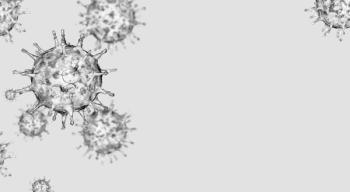
The biggest challenge we have faced thus far has been a three-fold rise in requests for assistance in managing persistent delirium. Needless to say, we are not twiddling our thumbs.
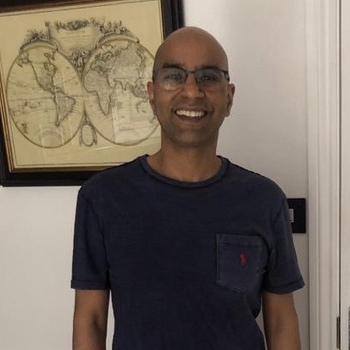
In this interview with Dr Aftab, Dr Huda discusses his views on the medical model in psychiatry, the misconceptions surrounding it, its strengths and limitations, and its relationship with other frameworks.
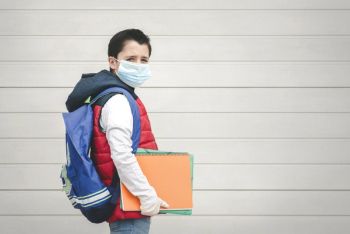
Younger patients are facing unique psychological challenges during this pandemic.

Our eulogies remind us of how psychiatrists have worked for the underserved and misunderstood.

It has been a tough and unusual summer, but perhaps it is best to focus on gratitude for what we have learned and what we can do with that information.

We have been here before. In fact, we have survived more challenging times. The truth serves as the foundational first brick of the edifice of knowledge and problem-solving.